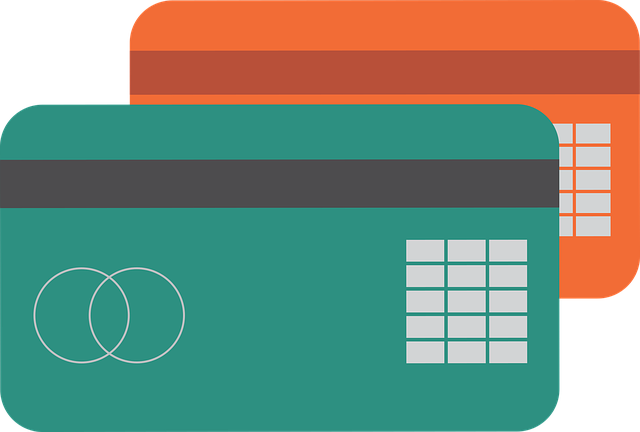
Why The Debt Snowball is a Great Route to Becoming Debt Free
A study carried out by Northwestern University found that how much debt someone has already paid off is the best indicator of their eventual success in paying off whatever debt remains. It’s a concept known as the “debt snowball” and it’s been proven to be a very effective way to change bad financial habits of some of the most stubborn among us. In this article, we’ll talk about how it works.
The Debt Snowball at a Glance
It’s a bit of psychology that works for many of us. Rather than throwing all your available cash at the higher debts in an attempt to bring down the balance, with the debt snowball, you attack the smaller debts first. While you’re doing that, your accounts with the higher balances can be kept satisfied with minimum payments. When that first debt is completely paid off, the momentum you’ve created for yourself is used to focus on the next debt on the ladder. The effect is that as you knock out the smaller debts, the funds that would have been used to keep those creditors at bay are now freed up to make even larger payments on the larger bills.
Keys to Making the Debt Snowball Work
The biggest obstacles to hindering the success of the debt snowball is our human tendency to backslide into hard-to-break habits. With that in mind, here are a few important steps that can keep you from backsliding.
- No more lines of credit. While there are special occasions or circumstances that require the use of a credit card, it’s generally a good idea to put a full-stop to taking on more credit as you’re trying to wipe out other accounts.
- Organize your debts…even if it hurts. This is no time for broad estimations. For the debt snowball – or just about any other debt relief technique – to work, it’s crucial that you have a clear understanding of just how much debt you’re dealing with.
Make a list of your debts that include how much is owed, what the interest rates are and when the payment due dates are scheduled.
- One debt at a time. Spreading your cash around rather than honing in on one specific account only serves to dilute your efforts. Small wins will keep you motivated to continue.
- When one debt is paid off, roll over those payments to the next one. The money that was used monthly to put one debt to bed shouldn’t be used for nights out on the town. Instead, since you’ve already budgeted that money for paying off debts, use it to attack the next one.
For More Idea About How to Deal With Debt, Call The Oswalt Law Group
If you’re living with crippling debt, there are a host of options available to you. Call us here at The Oswalt Law Group. There’s never a charge for the first meeting, and our number is (602) 225-2222.
